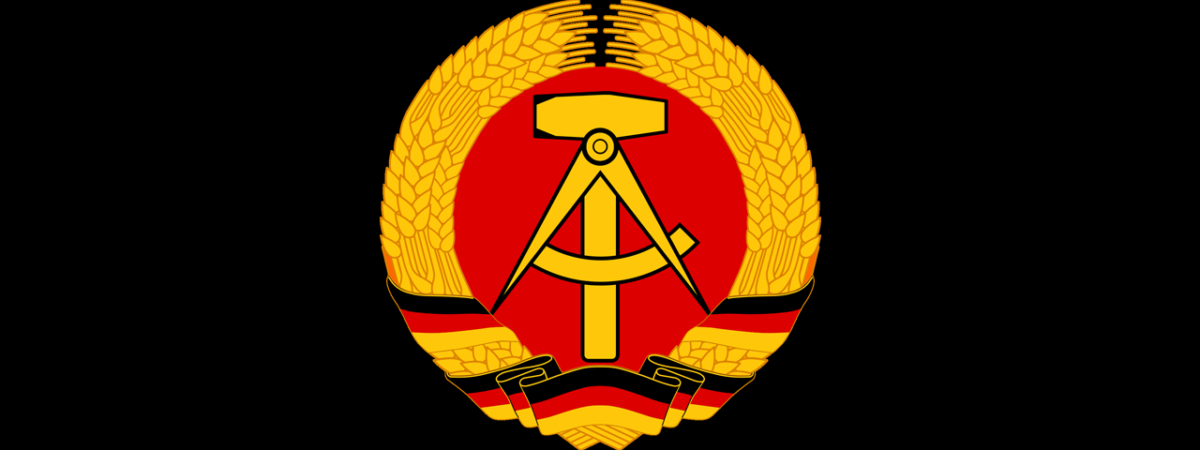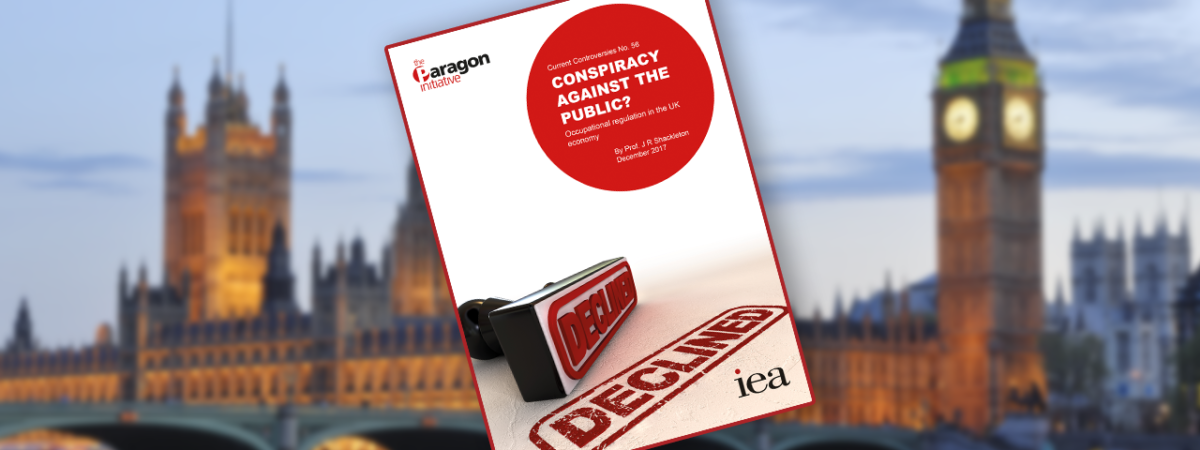An alternative history: REAL socialism is being tried. A drama in 10 acts (Part 10)
SUGGESTED



Opinion: Socialism has not failed in East Germany
The Guardian, 19 March 1998
Last night’s election result has brutally choked off the experiment of socialist renewal in East Germany. The VL has suffered a crushing defeat, dropping to just 0.18% of the vote. It’s coalition partner, the PDS, has won a respectable 21.6%, but since none of the major parties is willing to enter into coalition talks with them, this means that their days in government are numbered.
All of the parties that could realistically form a government now have made it abundantly clear that they would immediately enter into reunification negotiations with the Federal Republic. It is therefore safe to say that by the end of this year, Germany will be reunited, and the GDR will be no more. All the achievements of the past eight years will be swept away. The same neoliberal agenda which has wreaked havoc in Britain, the US, New Zealand, Chile, and to a lesser extent, West Germany, will now be let loose in East Germany as well.
Predictably, those on the right are now crowing about how, allegedly, ‘socialism’ has failed. The glee and the we-told-you-so attitude of certain commentators has been unbearable. But blaming all of the GDR’s problems on ‘socialism’ is a woefully simplistic, one-dimensional, ahistorical and decontextualised analysis. It betrays a basic lack of understanding of the GDR’s complicated history, its unique geopolitical situation, its special relationship with the Soviet Union and the Federal Republic, and the long-term structural problems of its economy. The situation is infinitely more complex than slogans like ‘socialism has failed’ would suggest.
What went wrong?
The VL/PDS government was initially on the right track. The concepts of workplace democracy and People’s Planning were commendable initiatives, and brought a lot of positive change. But the government was never really willing to see these changes through. As soon as it became clear that the ride would be a bit bumpier than they expected, they lost confidence in their own project.
This was the moment when the old Stalinist bureaucracy saw its opportunity to reassert itself. The VL lacked the courage to stand up to them. The PDS probably never really wanted to: their change of heart after November 1989 was only skin-deep.
As far as economic performance is concerned, mismanagement explains a lot more of the current problems than ‘socialism’. Talk to any VEB manager in the GDR. They will tell you about vital supplies that have not arrived on time, of unrealistic production quotas, of a misallocation of productive resources, of one SPK department not knowing what the other SPK department is doing, etc etc. This has nothing to do with socialism. It has everything to do with sheer incompetence, and a lack of joined-up thinking. Socialism was never the GDR’s problem. The lack of a holistic approach to planning was.
In addition, there were the constant attempts by West Germany and the US to undermine socialism in the GDR, which the government did not know how to respond to. If socialism always ‘fails’, one wonders why capitalists are always so keen to undermine it. It is almost as if they were terrified of the prospect that it might actually work rather well.
West German and American corporations will be the biggest winners from German reunification. For them, it will mean new markets to colonise, new assets to strip, and a new labour force to exploit. The losers will be the millions of ordinary workers in the GDR, whose hopes for a better life have been so cynically exploited by the West German elite. This was not a fair election. It was won on the basis of lies and deceit. Voters have been hoodwinked with unrealistic promises that will not be kept.
Nonetheless, those of us on the democratic left must not turn a blind eye to the fact that East Germany was already well on its way back towards its old, Stalinist ways. Hard-won democratic rights and freedoms were already being eroded again, and in large parts, that – not socialism – is what put people off. People can be won for the socialist cause – but not for the bullying, bossy kind of socialism that the GDR had before 9 November 1989, and was now returning to.
The only future for socialism — and the only possibility for socialism to win mass support — is through democracy. That doesn’t just mean standing in elections, although that’s a big part of it. It means organising a movement rooted in people’s communities and workplaces. It means arguing for a system that extends democracy to the workplace and the economy. That’s socialism: the democratisation of every aspect of society.
Championing East Germany in its current form will certainly resonate with a chunk of the radical left, but it just won’t with the mass of the population who will simply go — aha, that’s really the sort of system you would like to impose on us. Which it isn’t.
“There is only one hope for mankind — and that is democratic socialism,” said Nye Bevan. That’s my own firm belief: whether it be for Britain, West Germany, East Germany, or anywhere else. If you’re a socialist, you believe all people deserve the same economic and political rights. That can’t be achieved without democracy — not the limited democracy the West currently has, but a full democracy that we should aspire to. A socialist society is one free of fear: free of the fear of economic insecurity, free of the fear of a police officer knocking on the door in the middle of the night. That doesn’t exist yet, but one day it must.
—
Author’s note: The Vereinigte Linke (VL) and the Partei des Demokratischen Sozialismus (PDS) really existed, as did the Staatliche Planungskommission (SPK) and the Volkseigener Betrieb (VEB) Kombinat Robotron. The Volkskammer election on 18 March 1990 really did take place, but in reality, it was won by the pro-market, pro-reunification Allianz für Deutschland with 48%. The PDS won 16.4%, and the VL 0.2%. Everything else in this blog series, including the people ‘cited’, is entirely made up.
The last three paragraphs haven been taken, with minor tweaks, from Owen Jones’s article ‘My thoughts on Cuba’, available at: https://medium.com/@OwenJones84/my-thoughts-on-cuba-32280774222f




